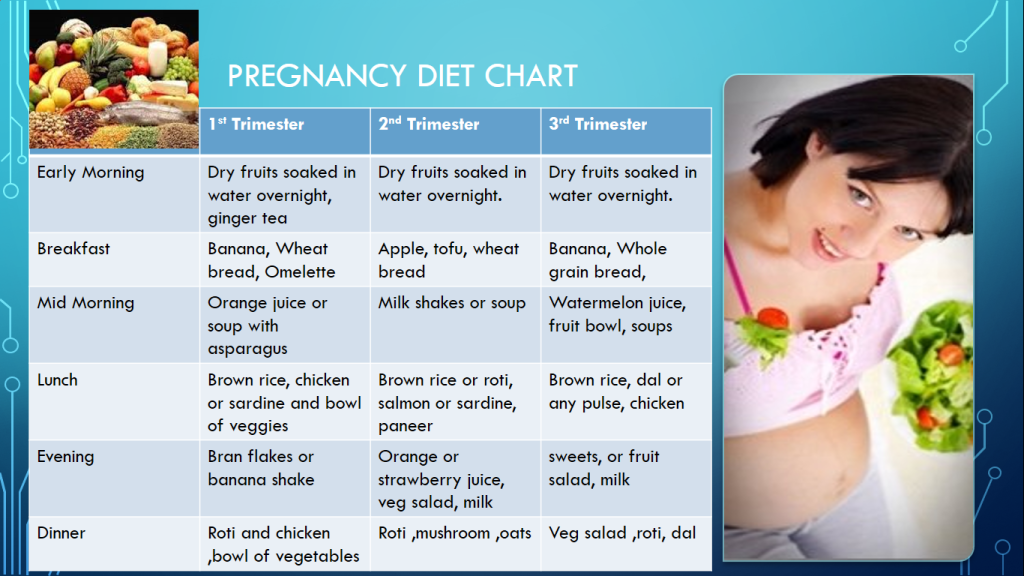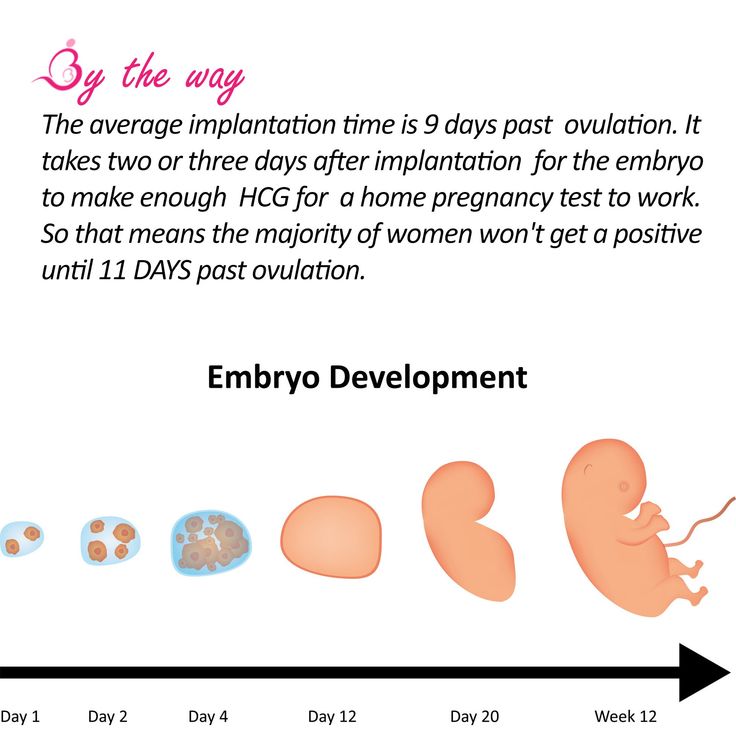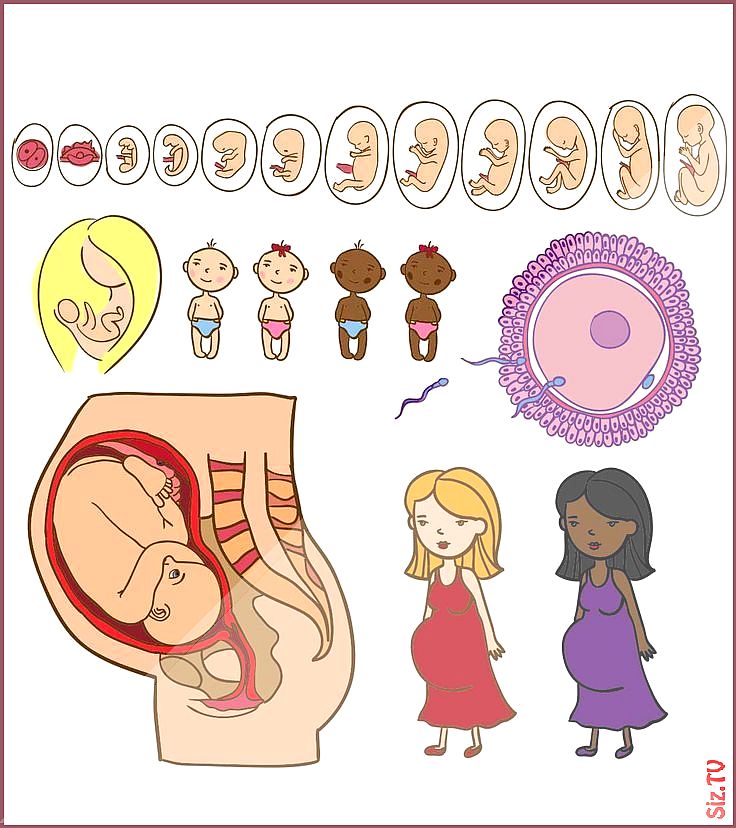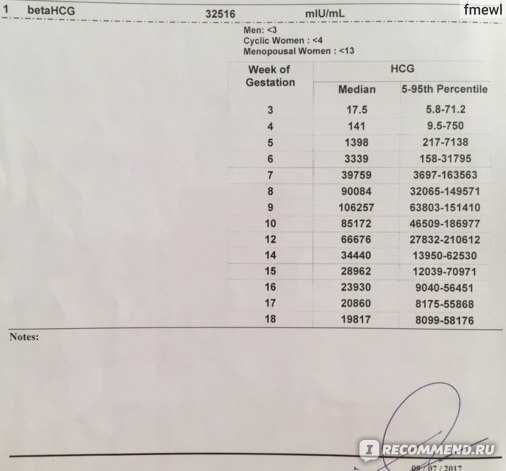Menu for pregnant
A Pregnant Woman's Daily Diet
Written by Elizabeth Somer, MA, RD
At no other time in life is nutrition as important as before, during, and following pregnancy. On the other hand, women can still eat foods that come in a box or a bag, eat out several times a week, or order pizza to go as long as they also follow a few simple eating-for-two dietary guidelines.
A Pregnant Woman Should Include in Their Daily Diet at Least:
- Five servings of fresh fruits and vegetables (including at least one serving of a dark orange vegetable, two servings of dark green leafy vegetables, and one serving of citrus fruit)
- Six servings of enriched, whole-grain breads and cereals. Three servings of nonfat or low-fat milk or milk products
- Two to three servings of extra-lean meats, chicken without the skin, fish, or cooked dried beans and peas
- Eight glasses of water
The guidelines for eating well for a healthy pregnancy are simple and easy to follow. When, where, and how much they eat is flexible, and often is governed by necessity. A pregnant woman in their first trimester might choose a snack for breakfast and a large evening meal if they suffer from morning sickness, but select a larger breakfast and a light evening meal in the last trimester when heartburn is more of a problem. Avoid or limit caffeine (such as coffee, tea, and colas) and avoid alcohol and tobacco. Since no safe limit has been established for alcohol, abstinence is a woman's best bet.
A Weighty Issue
If a woman does not gain enough weight, their baby also won't gain enough weight, which places the newborn at high risk for health problems. Optimal weight gains of 25 to 35 pounds in a slender woman helps ensure a healthy-sized baby. Underweight women should gain more weight, or approximately 28 to 40 pounds. Overweight women should not attempt to use pregnancy as a way to use up extra body fat, since stored body fat is not the stuff from which babies are made.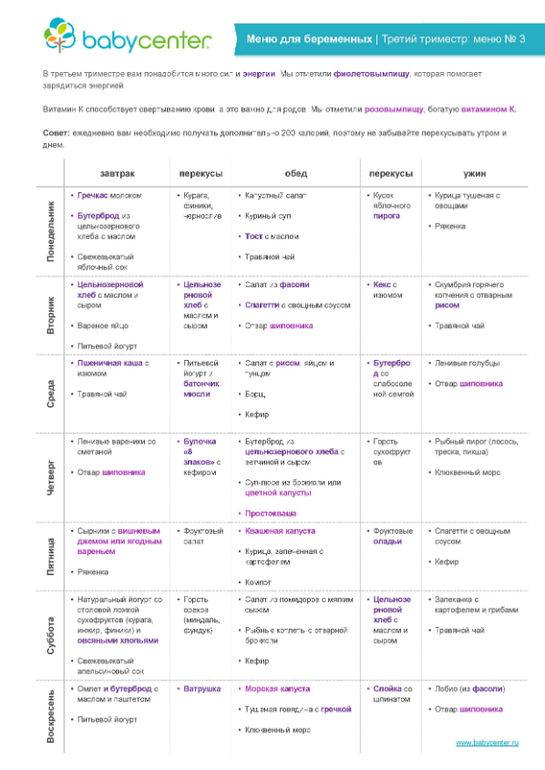 A modest weight gain of between 12 to 25 pounds is recommended for these women.
A modest weight gain of between 12 to 25 pounds is recommended for these women.
Further weight gain beyond recommended amounts will not make bigger or healthier babies. It will make regaining a desirable figure more difficult after delivery. The secret is to pace the gain, with weight gain increasing from very little in the first trimester to as much as a pound a week in the last two months of pregnancy.
Folic Acid: It's a Must
Nutrition experts agree that the best place for the mother-to-be to get all the essential nutrients, including ample amounts of vitamins and minerals, is from their diet. The trick is getting enough. For example, the MRC Vitamin Study at the Medical College of St. Bartholomew's Hospital in London found that women taking folic acid supplements around conception had significantly lower risks for giving birth to babies with neural tube defects (NTD), a type of birth defect where the embryonic neural tube that forms the future brain and spinal column fails to close properly.
Luckily, in 1996 the U.S. Food and Drug Administration (FDA) issued a regulation requiring that all enriched grain products, including breads and pasta, be supplemented with folic acid. Every woman during the childbearing years should make sure they get at least 400 micrograms of folic acid from food or supplements.
The Post-Pregnancy Diet
Whether a woman breastfeeds or not, the secret to post-pregnancy nutrition is to gradually regain a desirable figure, while maintaining or restocking nutrient stores. In addition, since some babies are planned and others are surprises, it's never too late to start nourishing the next baby by continuing to eat a diet based on fresh fruits and vegetables, nonfat milk products, whole grains, and protein-rich beans and meats.
An Easy 7-Day Template To Follow
If you’re trying for a baby or have just fallen pregnant, it’s important to start taking care of your diet as eating healthy foods will help with your chances of conceiving and having a healthy pregnancy.
During pregnancy, daily requirements for some nutrients are higher than those for non-pregnant women and extra attention is needed to ensure you are getting enough key nutrients, including folate, iodine, calcium, iron, omega-3 fatty acids and choline.
As you're not only feeding yourself and aiming to boost your own health and wellbeing, but you are also providing all the nutrients needed for your growing baby, planning your meals can be confusing at first.
This 7-day pregnancy meal plan, curated by Accredited Dieticians, will help you meet your nutritional requirements during this wonderful time of life.
Notes About This Meal Plan
- This meal plan provides 10 eggs per week and provides at least 2 serves of fruit and 2.5 serves of dairy per day.
- Your needs may be higher or lower, therefore, for tailored advice please speak to an Accredited Practising Dietitian.
- It is important to follow the food safety recommendations during pregnancy to avoid the risk of food-borne illnesses.
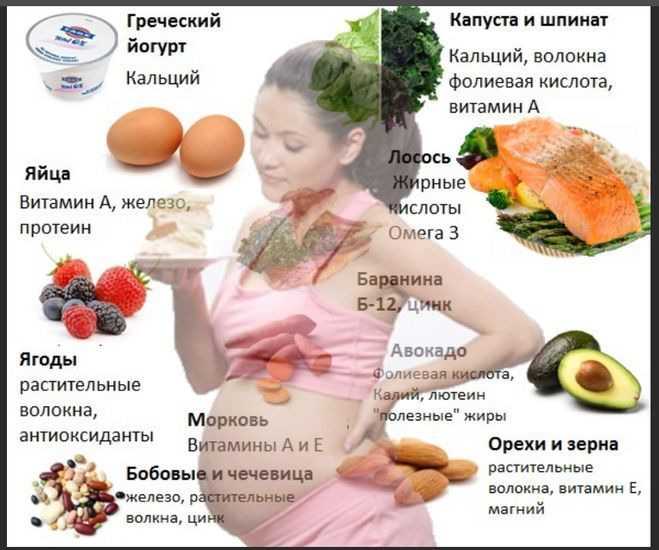 Eat leftovers within 24 hours of cooking. For advise on food safety in pregnancy visit http://www.foodstandards.gov.au/consumerinformation/pregnancyandhealthyeating/
Eat leftovers within 24 hours of cooking. For advise on food safety in pregnancy visit http://www.foodstandards.gov.au/consumerinformation/pregnancyandhealthyeating/
Want to find out more?
VIEW MORE INFORMATION ABOUT EGGS AND PREGNANCY
For easy access jump to:- Day one
- Day two
- Day three
- Day four
- Day five
- Day six
- Day seven
Day One
Breakfast
Porridge made with Rolled Oats, Milk and Mixed Seeds: + 1 serve of fruit (eg. 2 cups berries or 1 medium banana).
Lunch
Tinned tuna or salmon wrap: Small tin tuna or salmon + salad vegetables + avocado + low GI wrap.
Dinner
Lamb Stir-fry: Made with trim lamb + vegetables + brown rice + canola oil (for stir-frying).
Dessert/Supper
Chocolate Drizzled Banana: Made with half a banana and 2 teaspoons melted dark chocolate + 1 tub of yoghurt.
Snacks
Wholegrain crackers with 1 slice cheddar cheese + 1 serve of fruit (e.g. a medium apple or orange or pear).
Day Two
Breakfast
Muesli and Linseeds with Yoghurt: + 1 serve fruit (eg. 6 dried apricot halves or 2 tbsp sultanas).
Lunch
Homemade Toasted Chicken, Cheese & Avocado Sandwich: Made with multigrain bread (toasted) + chicken (ensure chicken is fresh) + cheese + avocado + margarine + a side salad served with an olive oil based dressing.
Dinner
Fried rice with sliced egg omelette (1 serve)
Dessert/Supper
Homemade smoothie: Made with milk + fruit + yogurt + chia seeds (e.g. banana or berries or mango).
Snacks
1 serve of fruit (eg. 3/4 cup grapes or 5 prunes) + 1 cup veggie sticks.
Day Three
Breakfast
Baked Beans on Multigrain Toast: + one glass of milk.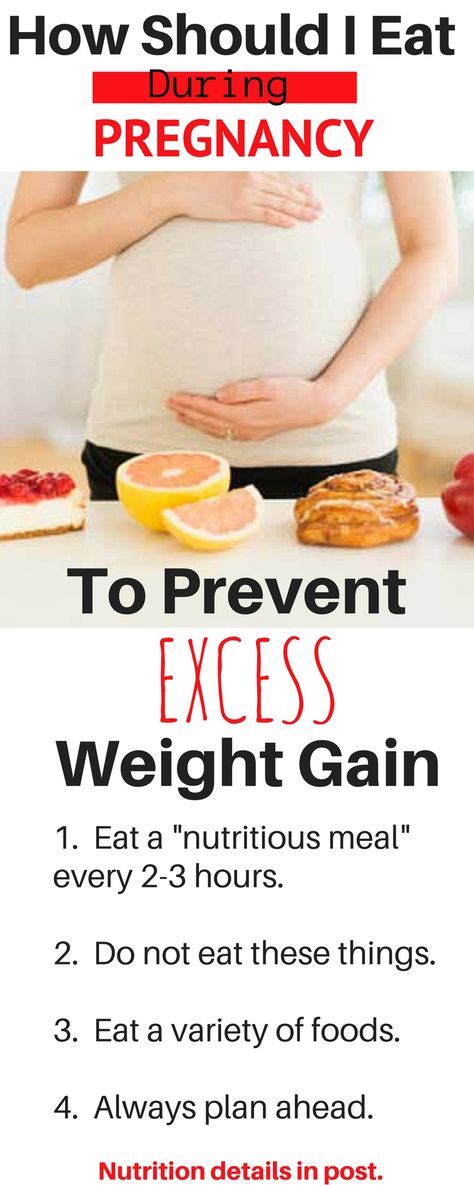 + 1 serve of fruit (eg. 4 small plums or 2 cups diced watermelon).
+ 1 serve of fruit (eg. 4 small plums or 2 cups diced watermelon).
Lunch
Leftover Fried Rice with Sliced Egg Omelette from night before.
Dinner
Grilled Salmon and Vegetables: served with sweet potato mash + steamed green vegetables (e.g, broccoli and green beans).
Dessert/Supper
Fresh Fruit & Cheese Platter: Slice and serve a variety of fresh fruits in season and hard cheese.
Snacks
1 tub yoghurt + handful of mixed nuts.
Day Four
Breakfast
Wholegrain Flaky Cereal: + milk + 1 serve of fruit (eg. 1 cup homemade fruit salad or 6 dried apricot halves).
Lunch
Wild Rice, Dukkah Egg and Pomegranate (1 serve).
Dinner
Roast Vegetable, Chicken & Quinoa Salad: Made with chicken + vegetables roasted in olive oil + quinoa + mixed seeds.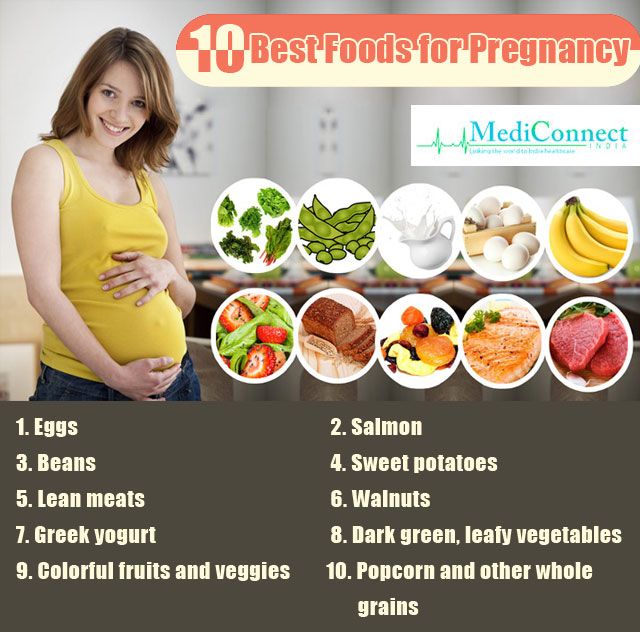
Dessert/Supper
Fruit Pop: Made with frozen fruits (eg. bananas or mangos) blended with Greek yoghurt and frozen.
Snacks
1 serve of fruit (eg. 1 medium apple or orange) + 1 tub yoghurt.
Day Five
Breakfast
Multigrain Bread with Peanut Butter: + 1 serve of fruit (eg. 4 small plums or 1 small mango). + 1 glass of milk.
Lunch
Grilled Chicken & Salad Wrap: made with grilled lean chicken + salad vegetables (carrot, tomato, cucumber) + avocado + shredded cheese + multigrain wrap.
Dinner
Healthy Lentil and Feta Frittata
Dessert/Supper
Fruit Salad & Yoghurt: 1 cup fresh fruit salad with 200g vanilla yoghurt.
Snacks
Wholegrain crackers with 1 slice cheddar cheese + sliced tomato + 1 hard boiled egg
Day Six
Breakfast
Muesli and Mixed Seeds with Yoghurt: + 1 serve fruit (eg.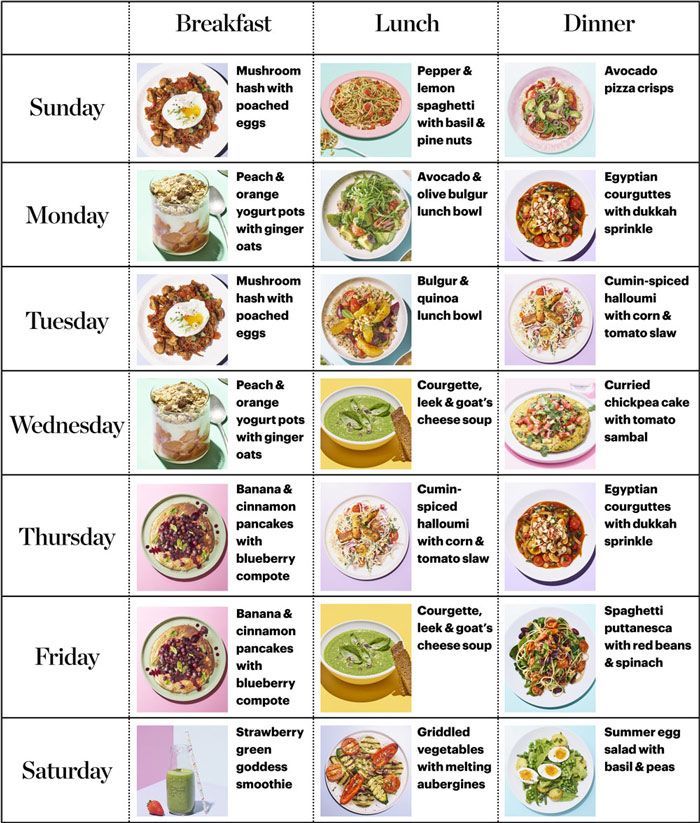 6 dried apricot halves or 2 tbsp sultanas).
6 dried apricot halves or 2 tbsp sultanas).
Lunch
Leftover Lentil & Feta Fritatta from night before served with salad.
Dinner
Chicken Thigh Fillets Baked in a Tomato & Vegetable Sauce: Served with rice and a side salad, including olive oil based dressing.
Dessert/Supper
Banana Souffle (1 serve): + 1 glass of milk.
Snacks
1 serve of fruit (eg. 1 medium pear or orange) + mixed nuts.
Day Seven
Breakfast
Boiled Eggs with Avocado on Sourdough Bread.
Lunch
Baked Fish: Served with vegetables and baked potato wedges + 1 serve of fruit (e.g. 2 cups diced watermelon)
Dinner
Easy Dinner: 1-2 slices multigrain toast with 1 cup baked beans + avocado.
Dessert/Supper
Homemade Smoothie: Made with milk + fruit +chia seeds (eg. a banana or berries or a mango).
Snacks
1 tub of yoghurt + handful of mixed nuts.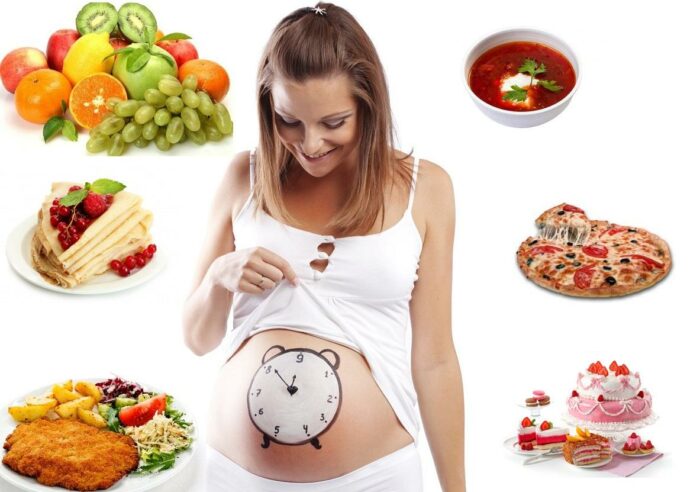
Choline - The Forgotten Nutrient
Choline plays a crucial role during pregnancy, helping support brain and spinal cord development – modifying development pathways into childhood and potentially adulthood. Low choline intake levels are associated with an increased risk of neural tube defects in women with adequate folate levels and a failure to provide choline during the first 1000 days post-conception could result in lifelong deficits in brain function even if adequate choline is consumed subsequently.
Latest research shows that if women consumed the equivalent of one extra egg a day, the percentage of women with adequate choline intakes would increase from 39% to 80%.
Learn More About Eggs And Nutrition
Not sure whether eggs may be beneficial in your situation? Learn more about how eggs may help serve your nutritional needs today.
Discover our super easy & delicious meal plans designed to help you achieve a healthy and balanced diet.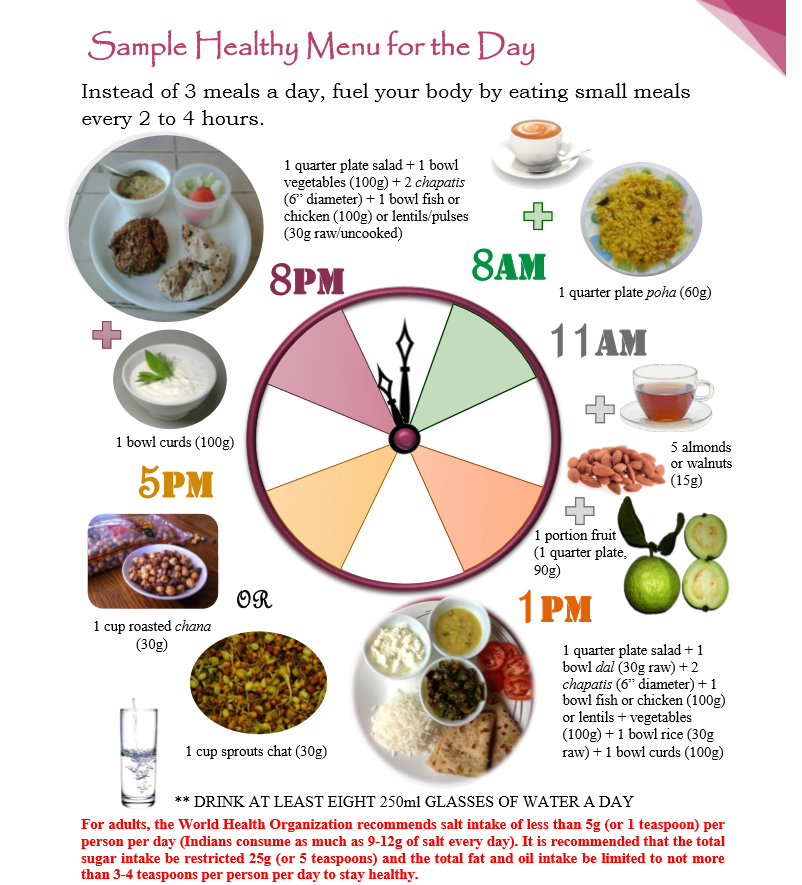 Check out our weight loss or low cholesterol meal plan today!
Check out our weight loss or low cholesterol meal plan today!
Nutrition for pregnant women: menu TEA.RU
Nutrition for pregnant women is of particular importance. Before pregnancy, not many of us think about what is healthy and proper nutrition. From the very moment when a woman finds out about her “interesting position”, the realization comes that now you need to “eat for two”. And this does not mean at all that the menu for a pregnant woman should contain more calories and, accordingly, food. This means that proper nutrition during pregnancy leads to the correct development of the fetus in terms of anatomy and physiology. nine0003
Numerous research data have shown that malnutrition during pregnancy can not only lead to anatomical underdevelopment of the fetus, but can also affect the future cognitive abilities, memory and other developmental features of the baby.
Surprisingly, malnutrition during pregnancy is one of the underlying factors in the development of obesity. Even at the intrauterine level, the child turns on a gene that ensures the maximum absorption of all nutrients from any, even a limited, amount of food. In the future, even if the child's nutrition is sufficient, his body will still try to "accumulate" calories "with a margin." nine0003
Even at the intrauterine level, the child turns on a gene that ensures the maximum absorption of all nutrients from any, even a limited, amount of food. In the future, even if the child's nutrition is sufficient, his body will still try to "accumulate" calories "with a margin." nine0003
In addition, malnutrition of a pregnant woman can cause problems in the future:
• with the psychomotor development of the child;
• with the immune system;
• with the endocrine system;
• with metabolism;
• lead to impaired memory, attention and even behavior of the child.
For this and other reasons, a balanced diet is a very important component, along with the psycho-emotional state. The diet of pregnant women should be carefully thought out and conscious so that the child from the moment of conception to the very birth develops as harmoniously and correctly as possible. nine0003
Pregnancy menu: what will be useful?
The dietary menu for pregnant women should include a full range of vitamins, nutrients and minerals.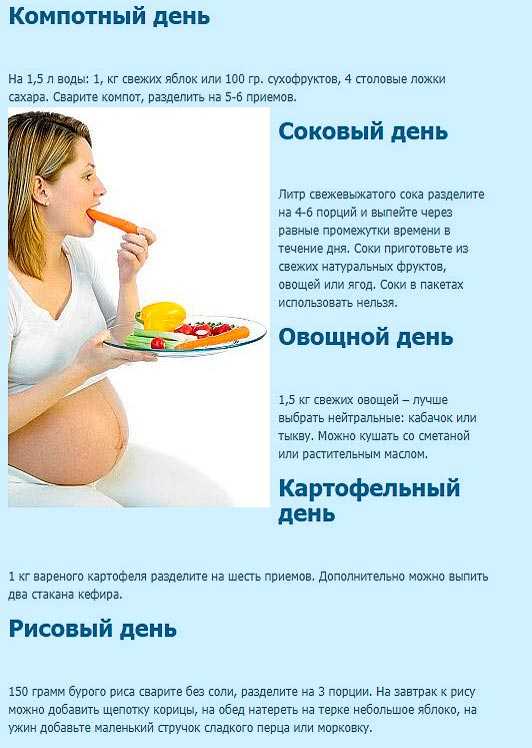 In addition, such a menu should include immunonutrients and micronutrients. What is it and what is the significance of these substances in the formation of the fetus?
In addition, such a menu should include immunonutrients and micronutrients. What is it and what is the significance of these substances in the formation of the fetus?
The main task of micronutrients is the direct protection of the fetus from any adverse external influences. These impacts include both environmental factors and exposure to various chemicals that are abundant in the environment. Micronutrients are involved in almost all biochemical processes in the body of the mother and fetus. nine0003
Immunonutrients are chemicals that have a direct impact on the formation of a child's immunity, the ability of his body to resist various bacterial, viral and other attacks of pathogens. These substances include amino acids, probiotics, nucleotides, fatty acids and some other elements.
Not only the lack of such elements in the future mother's diet is dangerous, but also their excess. For example, vitamin A is useful for the formation of the organs of vision in the fetus, but in large doses this vitamin can be toxic and lead to the development of intrauterine pathologies.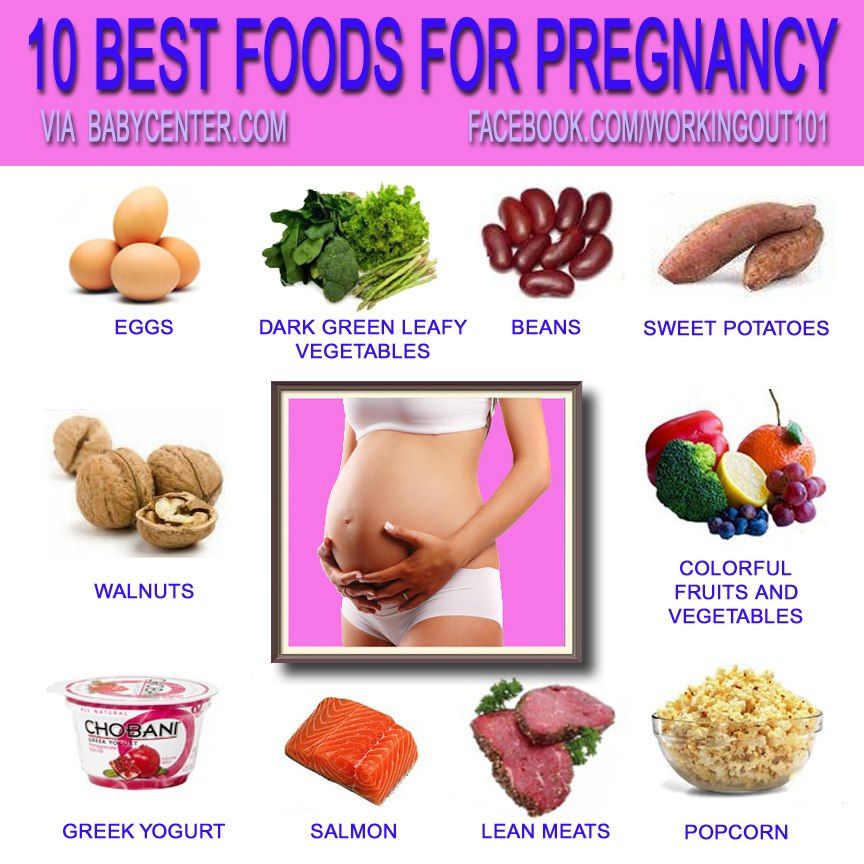 For this reason, it is better to choose a menu for every day during pregnancy, taking into account the recommendations of a specialist leading your pregnancy. Any "amateur", in this case, it is better to exclude. nine0003
For this reason, it is better to choose a menu for every day during pregnancy, taking into account the recommendations of a specialist leading your pregnancy. Any "amateur", in this case, it is better to exclude. nine0003
Early pregnancy nutrition
In the early stages of pregnancy, experts say, the energy needs of a woman practically do not change. It is not necessary at this time to drastically change your lifestyle and diet. If your diet was balanced, then you can stick to it throughout the first trimester.
Attention should be paid to ensure that the diet includes:
• fresh seasonal vegetables and fruits;
• greens; nine0009 • berries;
• horse crops.
Numerous studies have found that early pregnancy menus often exclude this particular food group. These products are recommended to be consumed raw or with minimal heat treatment. When choosing a diet, it is worth considering the history in terms of the presence of allergies in the mother and a predisposition to the development of diabetes.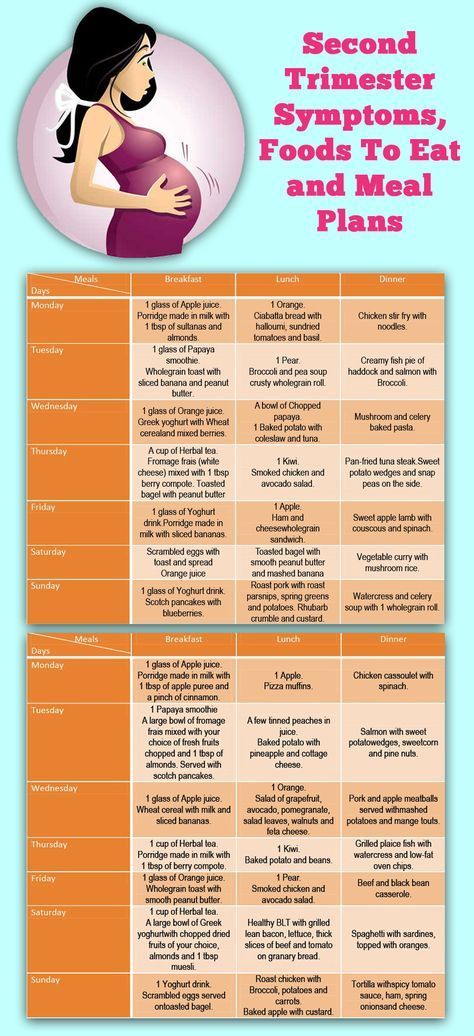
The norm of sugar consumption per day in the menu for pregnant women is no more than 60 gr. If you cannot do without sweets, and you also need to avoid foods that cause allergic reactions, it is recommended to include foods such as:
• jams and jams without sugar;
• chocolate without sugar;
• dark chocolate with a cocoa content of at least 70%;
• peanut butter without sugar, etc.
Contrary to popular belief, such products have not only beneficial properties for the body, but also excellent organoleptic characteristics. Foods that are low in sugar or do not contain sugar at all have a taste and aroma that are in no way inferior to similar products with sugar.
Otherwise, the menu for pregnant women in the 1st trimester should not differ from the usual. For the formation of the fetus in the early stages, "building materials" in high doses are not needed. Thus, all the calories that a woman receives are spent at the same rate as usual.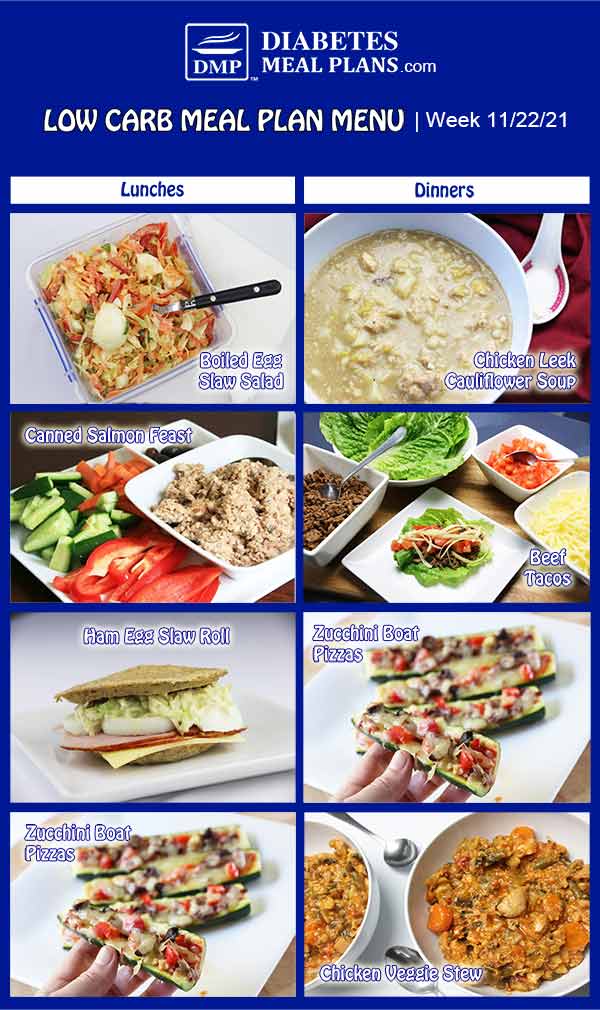 Increasing the amount of food and its calorie content can lead to overweight and will not benefit the child at all.
Increasing the amount of food and its calorie content can lead to overweight and will not benefit the child at all.
So, what should pregnant women eat in the early stages? The same as usual, including a large amount of fresh vegetables, fruits, herbs and berries. Vegetables and fruits should be typical for your region, you should not give preference to exotic and new products for you. Dishes for pregnant women should be as simple and familiar as possible, there is no need to invent something new. Eat what you want most, but don't overeat. nine0003
Proper nutrition for pregnant women in the 2nd trimester
In the second half of pregnancy, there is an active growth of the fetus, as well as various changes in the organs of the woman's reproductive system themselves. It is during this period that the need for nutrients and microelements for the normal physiological development of the fetus may increase.
A sample menu during pregnancy should be such that the pregnant woman receives all groups of the following foods:
• Dairy products, including whole milk and lactic acid products. The approximate volume of this product group should be 500 ml. nine0009 • Meat and poultry. The total amount of meat products should not be less than 170 gr. In the second trimester of pregnancy, 250 grams of any, but better - dietary, meat - this is the norm.
The approximate volume of this product group should be 500 ml. nine0009 • Meat and poultry. The total amount of meat products should not be less than 170 gr. In the second trimester of pregnancy, 250 grams of any, but better - dietary, meat - this is the norm.
• Fish and seafood. It is enough to eat 70 grams daily.
• Cereals and bakery products in limited quantities. This group of products is simply necessary to prevent such problems in the gastrointestinal tract as constipation and bloating, which women often suffer from during the period of bearing a child. nine0009 • Vegetables, fruits and berries, as well as juices. Total quantity - up to 1000
• Sugar and confectionery. Preference should be given to marmalade, marshmallows, marshmallows and jams on a natural basis, as well as products with low or no sugar content.
• Fats. Dishes for expectant mothers are best cooked in butter. The amount of vegetable fats should not exceed 15 g per day.
In the second trimester, a large load falls on the liver and kidneys.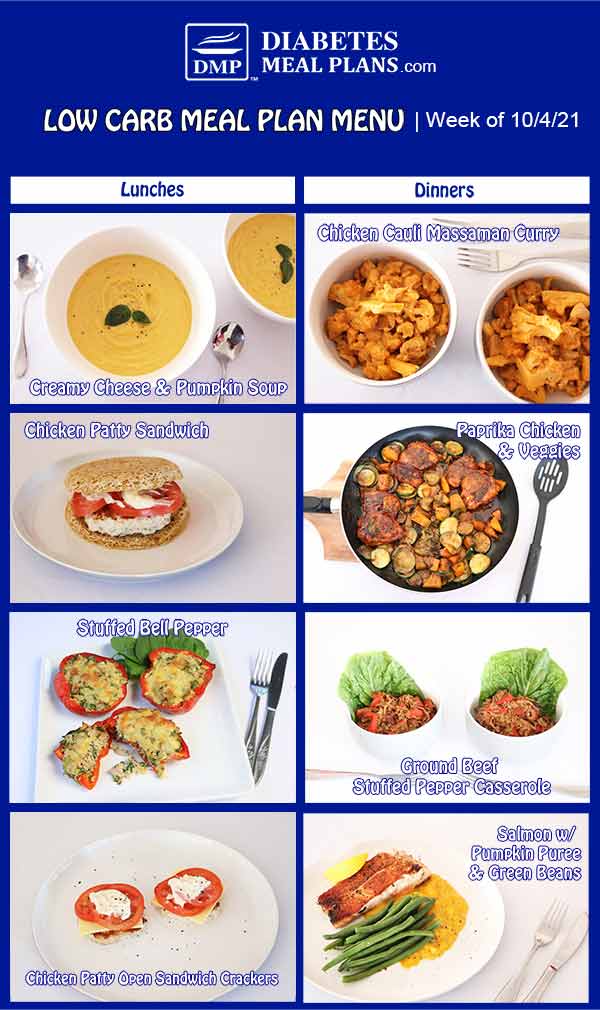 The menu for pregnant women in the 2nd trimester should exclude a large number of any salty foods, smoked meats and excess fluids. You need to focus on the fact that a woman should normally gain no more than 300 grams per week, and for the entire pregnancy - no more than 10-12 kg. If you are gaining more, then the diet should be reconsidered. nine0009
The menu for pregnant women in the 2nd trimester should exclude a large number of any salty foods, smoked meats and excess fluids. You need to focus on the fact that a woman should normally gain no more than 300 grams per week, and for the entire pregnancy - no more than 10-12 kg. If you are gaining more, then the diet should be reconsidered. nine0009
Nutrition during pregnancy in the 3rd trimester: menus and recommendations
The diet for pregnant women in the third trimester also has its own characteristics. The menu for the 3rd trimester should include products that stimulate lactation. First of all, these are dairy and lactic acid products, such as kefir, milk, fermented baked milk, cheese and cottage cheese.
Breakfast for pregnant women should be 30-40% of the total diet. You can have oatmeal, a few slices of cheese, yogurt and tea for breakfast. It is good to use herbal teas, which not only have high taste, but also have the following properties:
• anti-inflammatory;
• immunostimulating;
• normalizing metabolism;
• restoring the optimal water-salt balance and other useful properties.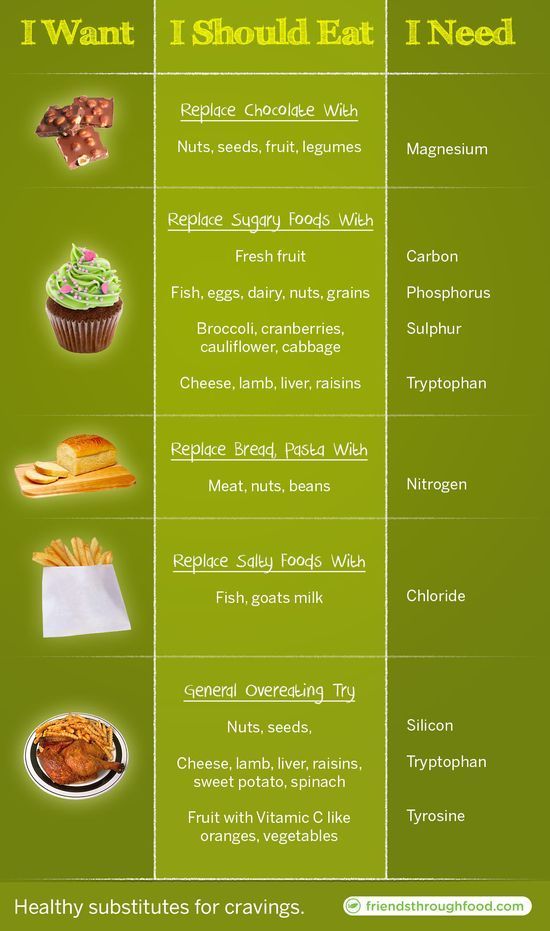
Herbal tea may contain chamomile, rose hips, berries or fruits, calendula, string, twigs and leaves of useful plants. For a woman during childbearing, in general, green and herbal teas are much more beneficial than black teas and their blends.
Late pregnancy diets should be high in protein and avoid heavily spiced foods, including salt. These foods retain water in the body and can cause swelling and other complications. nine0003
A sample menu for proper nutrition for pregnant women might look like this:
This is an approximate table of nutrition during the period of bearing a child. You can adjust it according to the season and the availability of seasonal fruits and vegetables, as well as your personal preferences. Recipes for pregnant women, menus for days or weeks today can be easily found in the public domain. Using these recommendations, you can create your own diet that will satisfy both the needs of the body and your own preferences. nine0003
Pregnancy weight loss diet
While expecting a baby, a woman goes through more than just hormonal and physical changes in her body.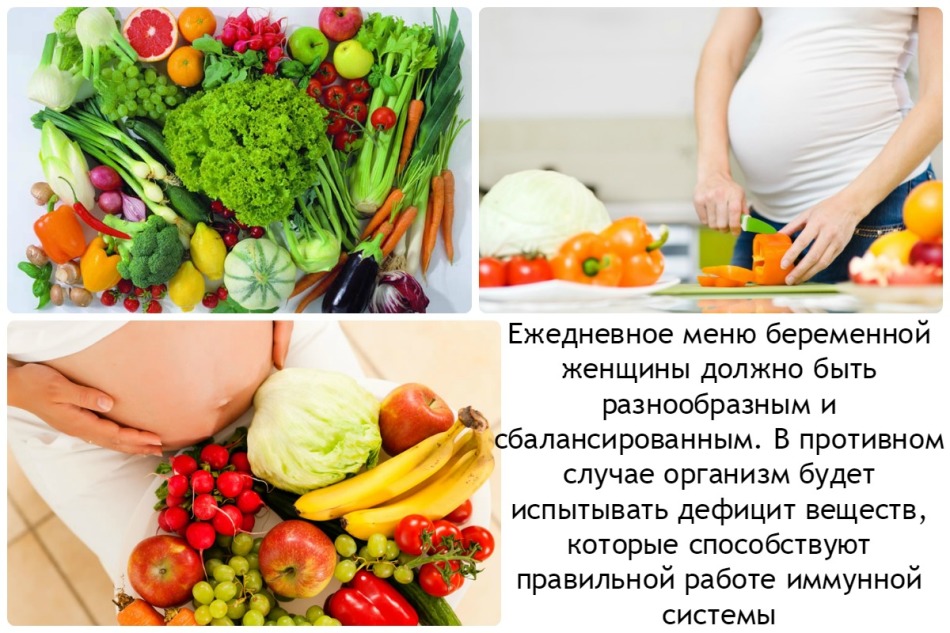 It is important for her to rebuild some eating habits in favor of more correct ones. When carrying a fetus, the consumption of valuable vitamins and trace elements increases, so you need to replenish their reserves all the time. Let's talk about what a pregnant woman's diet can be and how to make nutrition complete.
It is important for her to rebuild some eating habits in favor of more correct ones. When carrying a fetus, the consumption of valuable vitamins and trace elements increases, so you need to replenish their reserves all the time. Let's talk about what a pregnant woman's diet can be and how to make nutrition complete.
Website editor nine0003
Tags:
diets
protein diet
diet table
How to lose weight during pregnancy
Diet for pregnant women
If you follow the rules of nutrition during pregnancy, the diet will keep the weight normal and will not harm the baby. Here are the basic principles of the diet for expectant mothers and draw up an approximate menu. nine0003
Contents of the article
Diet during pregnancy must solve a large number of problems.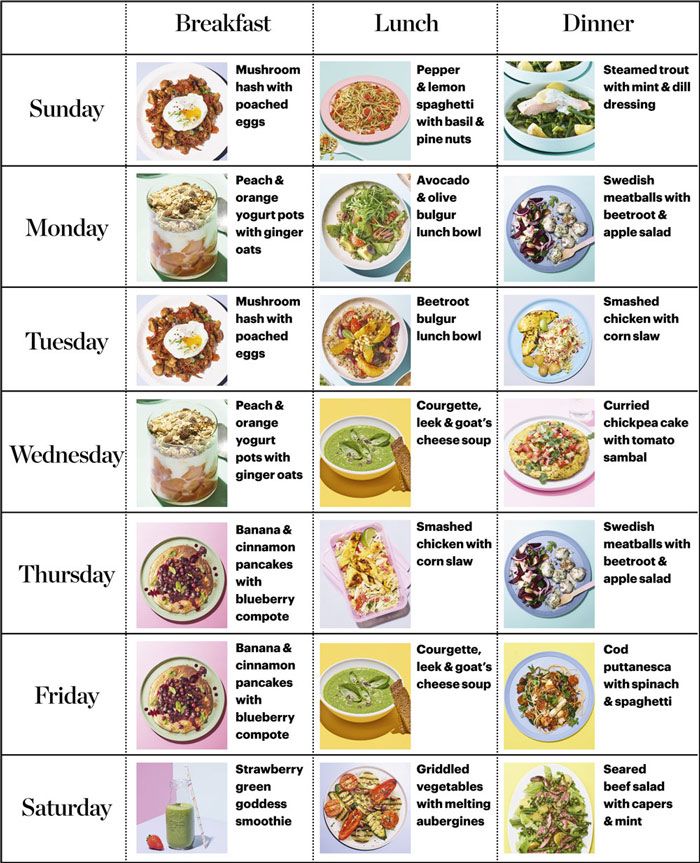 First, you need to provide your body and the developing body of the child with all the necessary substances. Secondly, to minimize the symptoms of toxicosis, reduce the burden on the liver and stomach. And, thirdly, to avoid excessive weight gain in the expectant mother. We tell you what a safe diet for pregnant women consists of for weight loss.
First, you need to provide your body and the developing body of the child with all the necessary substances. Secondly, to minimize the symptoms of toxicosis, reduce the burden on the liver and stomach. And, thirdly, to avoid excessive weight gain in the expectant mother. We tell you what a safe diet for pregnant women consists of for weight loss.
Is it safe to lose weight during pregnancy? nine0019
Pregnant women are generally not advised to lose weight or follow a strict diet during pregnancy. But as part of a balanced diet, the expectant mother can safely lose a few pounds during the first trimester. The main thing is to stick to a healthy diet and avoid fatty and sugary foods. Only in this case, after giving birth, you will quickly return to your previous shape.
Diet for pregnant women - general recommendations
There is a diet for pregnant women for the 1st, 2nd and 3rd trimesters to reduce weight, but due to the competent construction of the diet, and not a complete rejection of food. We will talk about the nutritional features at each stage of fetal development. However, there are general rules that should be observed during the entire course of pregnancy. nine0003
We will talk about the nutritional features at each stage of fetal development. However, there are general rules that should be observed during the entire course of pregnancy. nine0003
- Eat 5-6 times a day in small portions.
- The last meal should be no later than 3 hours before bedtime.
- Avoid alcohol, fried, smoked, coffee and fast food.
- Eat mostly fruits, nuts, vegetable broths, cereals, lean fish.
- Take vitamin complexes.
Diet for Pregnancy - 1st Trimester
In the first trimester of pregnancy, the fetus is formed from the embryo, the brain and internal organs begin to develop. During this period, you need to approach the preparation of the diet most seriously. nine0003
The body of the expectant mother should receive enough protein and folic acid. And a diet for pregnant women should take into account such important points.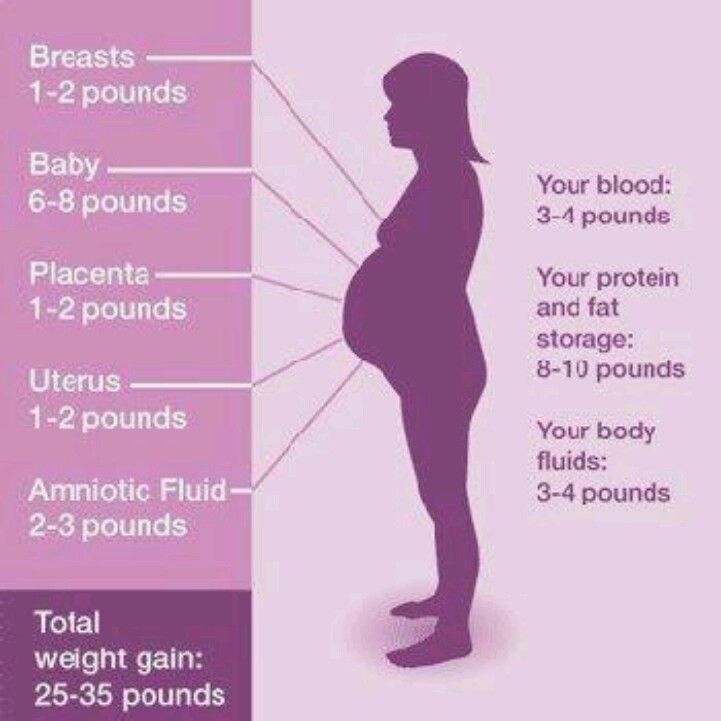 These substances are rich in foods such as lean meat and eggs, legumes, lettuce, whole grain bread, cheese, cottage cheese, celery, cabbage, liver, apples.
These substances are rich in foods such as lean meat and eggs, legumes, lettuce, whole grain bread, cheese, cottage cheese, celery, cabbage, liver, apples.
Diet menu for the 1st trimester of pregnancy
Our great-grandmothers' favorite saying that it's time to eat for two should encourage you to eat better, better, not more. Adjust your diet so as not to harm yourself or your child. In the early stages, a diet for pregnant women is especially important, so be sure to consult a doctor. He will be able to suggest which products to add and which should be excluded. nine0003
Monday
- Breakfast: buckwheat with yogurt, apple juice with celery.
- Second breakfast: cottage cheese.
- Lunch: vegetable soup, wholemeal bread.
- Afternoon snack: peach.
- Dinner: salad with salmon and avocado.
- Late dinner: berry juice.
Tuesday
- Breakfast: cottage cheese with berries, tea.
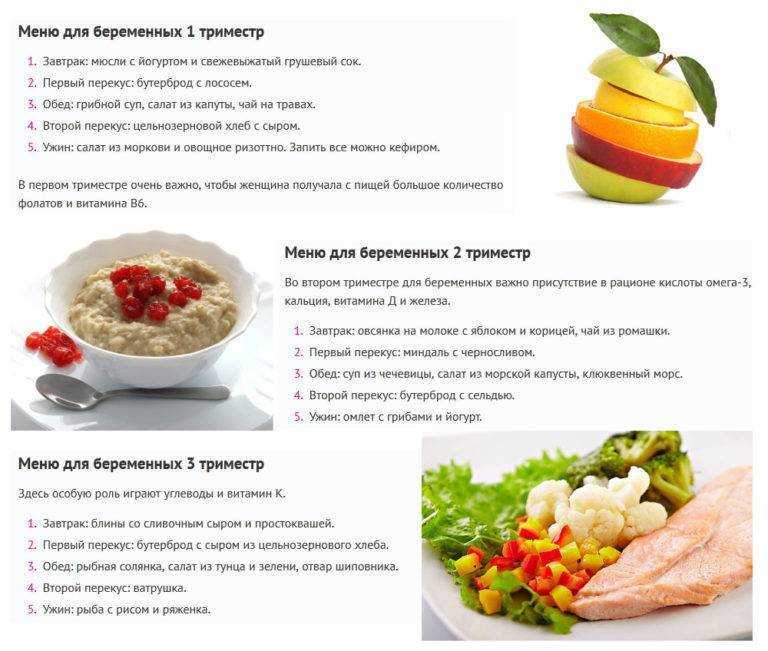
- Second breakfast: dry biscuits, freshly squeezed juice.
- Lunch: pumpkin puree soup. nine0123
- Snack: apples.
- Dinner: steamed turkey meatball.
- Late dinner: yogurt.
Wednesday
- Breakfast: oatmeal with milk.
- Second breakfast: bread with butter.
- Lunch: fish soup.
- Snack: cottage cheese with low-fat sour cream.
- Dinner: liver, buckwheat.
- Late dinner: seaweed salad.
Thursday
- Breakfast: sugar-free granola with milk. nine0123
- Second breakfast: yogurt.
- Lunch: weak meat broth with egg.
- Snack: vegetable salad.
- Dinner: stewed cabbage, rice.
- Late dinner: fruit drink.
Friday
- Breakfast: bread with tomatoes and cream cheese.
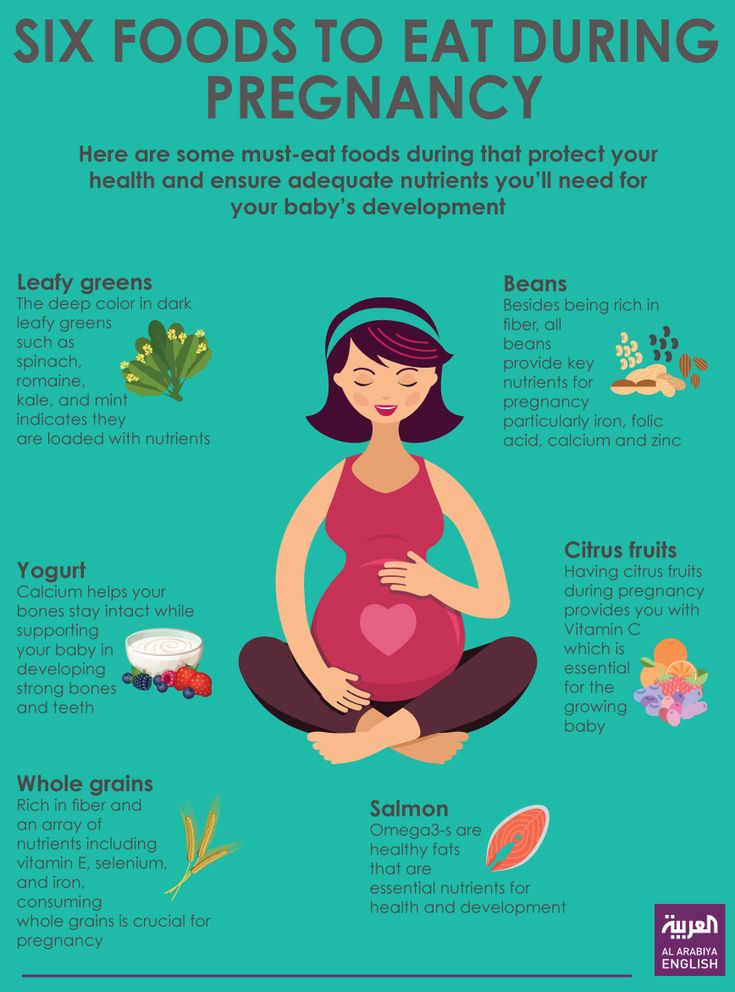
- Second breakfast: pear.
- Lunch: pasta with meat hedgehog.
- Snack: almonds.
- Dinner: baked potatoes with herbs and butter.
- Before going to bed: herbal tea, fermented baked milk. nine0123
Saturday
- Breakfast: cottage cheese pancakes 5%, green tea.
- Second breakfast: prunes.
- Lunch: chicken soup, bread.
- Afternoon snack: cabbage and carrot salad.
- Dinner: cucumber and tomato salad.
- Late dinner: a glass of milk.
Sunday
- Breakfast: millet porridge, juice.
- Second breakfast: orange.
- Lunch: vegetable soup with tomatoes, peppers and Brussels sprouts. nine0123
- Snack: pear.
- Dinner: steamed fish cake and vegetables.
- Late dinner: kefir.
Diet for Pregnancy - 2nd Trimester
In the second trimester of pregnancy (from 13 to 28 weeks), pay attention to vitamin D and calcium (they are absorbed only in conjunction).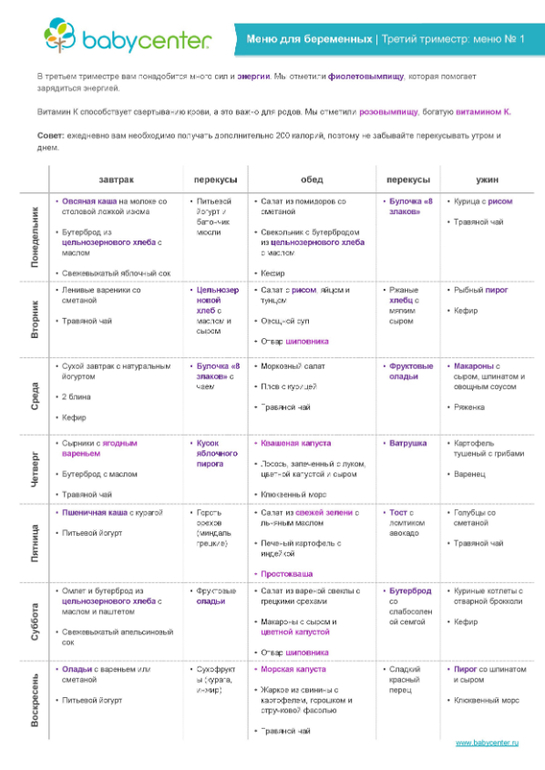 Include dairy products, spinach, eggs, sea fish, cod liver, butter in your diet. Pregnant women may experience swelling, so the diet for every day should include a decrease in the amount of salt consumed. nine0003
Include dairy products, spinach, eggs, sea fish, cod liver, butter in your diet. Pregnant women may experience swelling, so the diet for every day should include a decrease in the amount of salt consumed. nine0003
Get into the habit of regular walks in the fresh air, even during the cold season. Consume potentially allergenic foods with caution: citrus fruits, red berries, nuts. In the second trimester, the load on the liver of a pregnant woman increases, so exclude fatty and fried foods.
Diet for pregnant women - 3rd trimester
During this period (from 28 weeks to the end of the 40th), the baby grows more actively than in the previous two. Mom puts on weight more noticeably, the body prepares for childbirth. The diet of a pregnant woman in the 3rd trimester involves a menu with a restriction of simple carbohydrates. This does not mean that the diet should be aimed at losing weight and losing weight.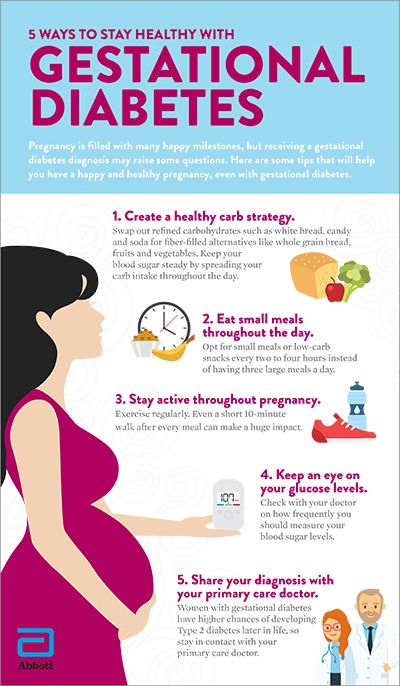 It's more about a balanced diet. nine0003
It's more about a balanced diet. nine0003
During pregnancy, strict restrictions should be avoided and, moreover, you should not starve yourself. Just like in the second trimester, watch your calcium intake. To exclude edema, fatigue and toxicosis, try to give up fatty meat.
Protein Diet for Pregnancy
Following the principles of this diet helps to return to its former shape almost immediately after childbirth. The protein diet for pregnant women is based on the main rule - the daily protein intake should be 120 grams. However, in addition to protein foods, a future mother can consume up to 400 grams of carbohydrates per day. nine0003
It is also important to consider what not to eat during pregnancy. Banned are chocolates, cakes, sugar, white bread and fast food. There are other basic rules:
- Distribute food throughout the day. The optimal number of meals is 5 times a day.
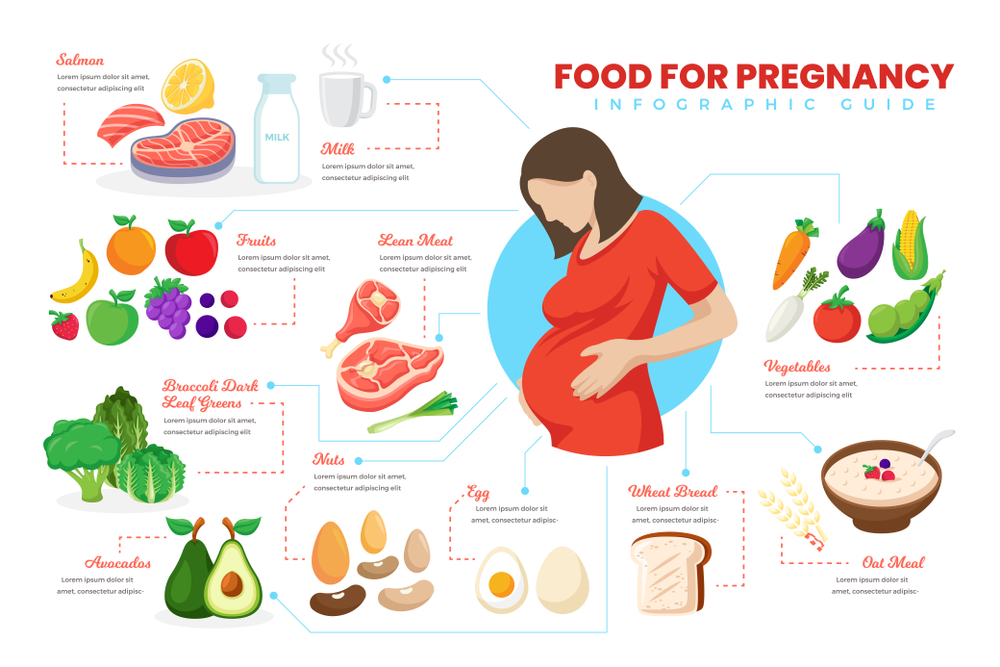 Five meals a day includes three main meals and two light snacks.
Five meals a day includes three main meals and two light snacks. - Keep breaks between meals at 3.5 hours.
- Drink enough water per day, but in small portions during the day, not at night. nine0123
Benefits of a protein diet for pregnant women
- You eat a varied diet and don't feel hungry because protein takes a long time to digest.
- You eat enough protein, which is an important micronutrient for the body.
- You don't completely eliminate carbohydrates. The diet includes fruits, vegetables and cereals. The only thing you cut out of your life is fast-digesting carbohydrates like white bread and sweets. Simple carbohydrates just negatively affect the digestion of pregnant women and lead to constipation. As a rule, these are empty calories with no nutritional value. nine0123
Cons of a protein diet for pregnant women for weight loss
- The protein diet may not suit you, as it does not adjust much depending on the trimester.
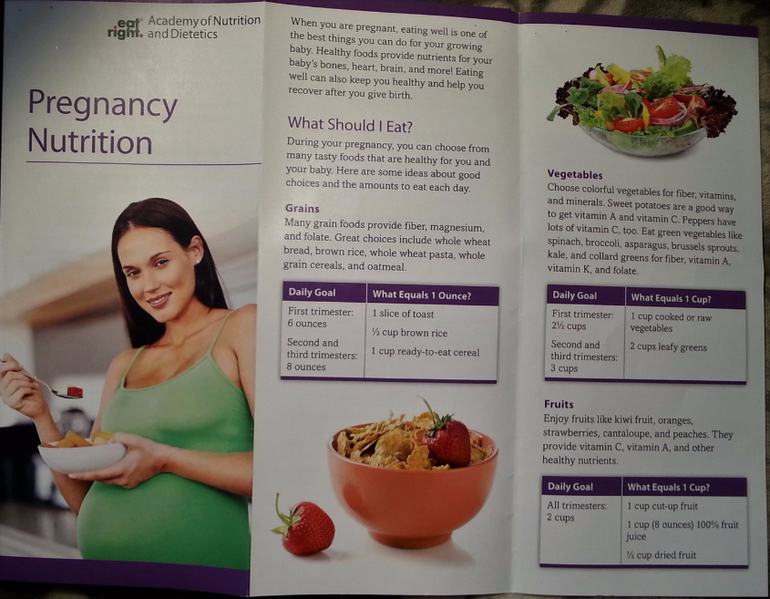 Before starting a diet, you should consult a doctor.
Before starting a diet, you should consult a doctor. - As part of the diet for pregnant women, general recommendations are given for each day, which you adhere to, missing individual indicators.
- Some sources indicate that in the first trimester it is necessary to consume 60-90 grams of protein per day, and from the 5th month of pregnancy - increase the daily rate to 120 grams. To determine the optimal amount, contact your doctor.
It is worth noting that in excess of protein can overload the body and lead to undesirable consequences. It provokes increased work of the kidneys, necessary for the removal of their decay products. Lack of fiber and an excess of proteins - let it lead to stomach problems in the form of bloating, heaviness, heartburn, and so on.
Daily protein diet menu for pregnant women - 1st trimester
- Breakfast: oatmeal and dried fruit (literally a few pieces) and rosehip broth.
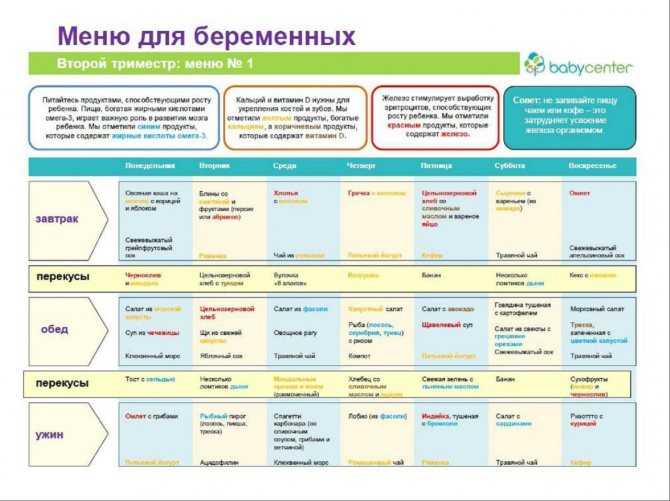
- Snack: any fruit, no more than 100 grams of medium-fat cottage cheese, and 1 tablespoon of curdled milk.
- Lunch: chicken broth soup, steamed vegetables up to 200 grams and 1 piece of lean fish for a couple.
- Snack: natural yogurt (1 cup) and an apple.
- Dinner: Mixed vegetable omelette and whole grain bread slice.
Daily protein diet menu for pregnant women - 2nd trimester
- Breakfast: a slice of whole grain bread, hard boiled egg and green tea.
- Snack: 1 glass of fermented baked milk and a small banana.
- Lunch: broccoli soup, rice with chicken (200 grams), grated carrot salad with sour cream
- Snack: a handful of hazelnuts and 5 pieces of dried apricots.
- Dinner: fresh vegetable salad and a handful of cottage cheese.
- Snack: a glass of low-fat yogurt.
Daily protein diet menu for pregnant women - 3rd trimester
- Breakfast: milk rice porridge with dried fruits, raisins and juice.
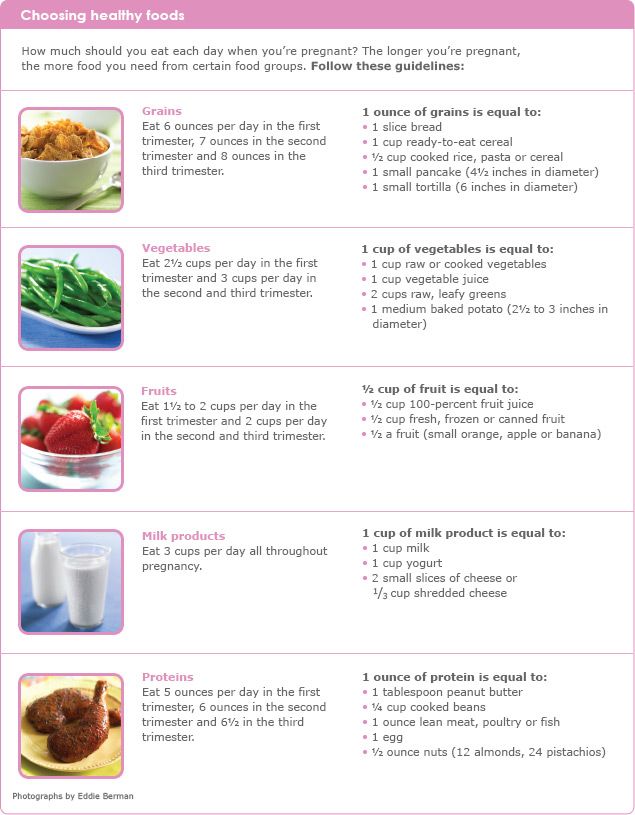
- Snack: diet syrniki with oatmeal and pear.
- Lunch: fresh cabbage soup and grilled fish with vegetable stew (medium portions).
- Snack: 1 cup yogurt, a slice of whole grain bread, an apple.
- Dinner: fresh vegetable salad and steamed turkey with 50 grams of buckwheat.
- Snack: low-fat kefir 1 cup.
Diet number 9 for pregnant women
Diet (table) number 9 for pregnant women with diabetes provides for fractional meals with a break between meals of 2.5 hours. This mode will avoid spikes in blood sugar. One serving should not exceed 150 g. It is based on the recommendations of the Soviet gastroenterologist Pevzner.
When following table number 9, it is necessary to limit the amount of carbohydrates to 200-300 g per day. Two meals should be rich in protein. The total caloric content of the diet should not exceed 2500 kcal. At its core, diet number 9for pregnant women with gestational diabetes is somewhat similar to the principle of nutrition, in which protein predominates.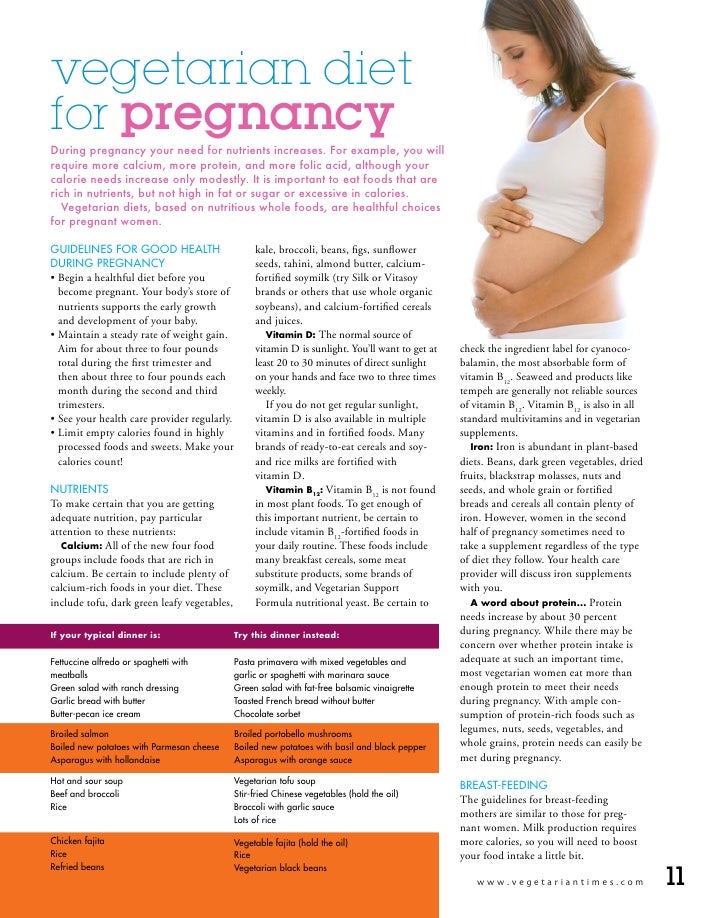 Gestational diabetes mellitus (GDM) manifests itself during the period of bearing a child and is limited by the duration of pregnancy, that is, sugar rises only in these months.
Gestational diabetes mellitus (GDM) manifests itself during the period of bearing a child and is limited by the duration of pregnancy, that is, sugar rises only in these months.
When following the Pregnancy Diet 9, sugar and simple carbohydrates should be excluded from the diet. Limit your intake of pasta, starchy vegetables and legumes, fried foods, fatty foods, smoked foods, and salt.
Diet table number 9in case of diabetes, pregnant women are obliged to exclude sugar and simple carbohydrates: even from 100 g of pasta, the glucose level can jump up to 8 units. Now the woman's body is under tremendous stress: hormones block insulin, and the pancreas must produce more of it than in any other state.
High blood sugar levels can affect both the mother's well-being and the baby's health. Diet table number 9 for gestational diabetes in pregnant women takes into account the preparation of a balanced menu that helps to cope with unpleasant symptoms.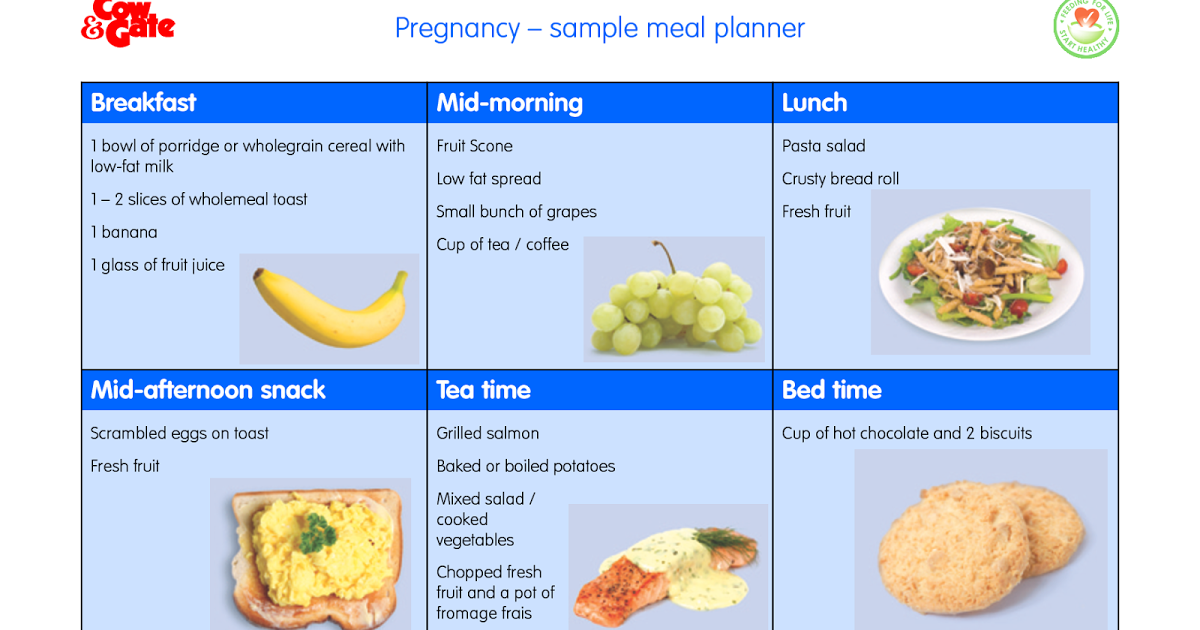 We recommend regular visits to the doctor during pregnancy so that he can track the dynamics of the baby's development and adjust therapeutic nutrition for diabetes. nine0003
We recommend regular visits to the doctor during pregnancy so that he can track the dynamics of the baby's development and adjust therapeutic nutrition for diabetes. nine0003
It is not worth neglecting the doctor's recommendations, because diabetes during pregnancy can harm both the mother and the child. In rare cases, the disease can lead to miscarriage.
Diet table number 9 for GDM in pregnant women is also suitable for weight loss, because you control the amount of carbohydrates and reduce sugar in the diet. What do you need to know about the power plan? We share the basic principles of the 9th table.
Keep a food diary
To lose weight and improve your well-being, you need to control the percentage of carbohydrates and sugar in the diet. The easiest way to do this is with a diary. Write down every meal regularly so that the doctor can adjust the menu based on the results of the tests.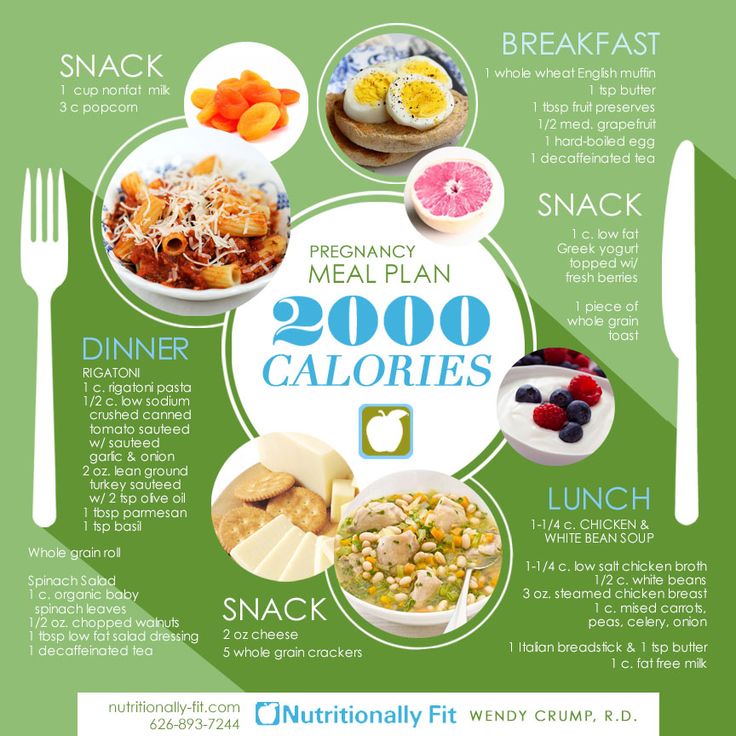 If the sugar level jumps sharply, the specialist will know what is the reason. nine0003
If the sugar level jumps sharply, the specialist will know what is the reason. nine0003
Control carbohydrates
Diet table number 9 for pregnant women is a menu for every day with a minimum amount of carbohydrate foods. If they are present, they should be evenly distributed throughout the day. This way you avoid sudden spikes in blood sugar after eating. Doctors recommend reducing portions to small and medium and do not forget about healthy snacks.
Bet on foods with a low glycemic index
A diet for high sugar in a pregnant woman necessarily includes foods that do not cause large drops in blood glucose levels. Choose healthy, low-GI carbohydrate foods such as vegetables, beans, low-fat dairy, berries, and whole grain snacks. nine0003
Include lean proteins such as tofu, chicken, fish and eggs, as well as healthy fats in your diet. The list includes nuts, avocados and olive oil.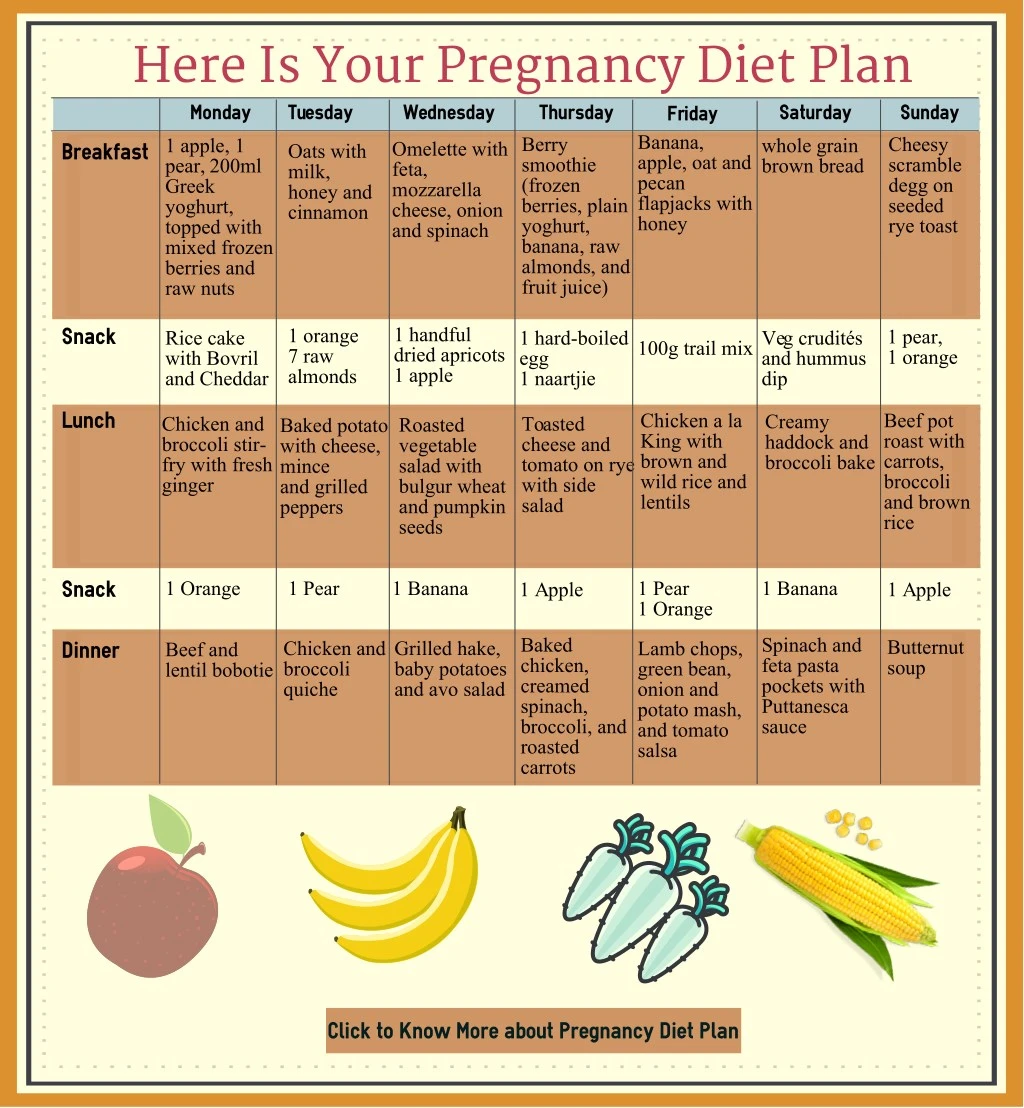
Keep yourself away from foods that are low in nutrients. Sweets, sugary drinks, ice cream and fast food - these foods are prohibited for diabetics. And no compromises, because you need to think not about momentary pleasures, but about the health of both of you.
In order for the diet table No. 9 for pregnant women to be suitable for weight loss (under the supervision of a doctor), you need to follow other important rules:
- Control your daily calorie intake. It is calculated from the individual characteristics of the body (35 kcal per 1 kilogram of mother's weight), but does not exceed 2000 calories per day. Half of the diet is healthy carbohydrate meals, 20% is protein foods, and the rest is unsaturated fats.
- Do not exceed the 12 grams daily allowance of salt.
- Drink the required amount of water, at least 2 liters.
- Eat small meals up to 6-7 times a day. Try to maintain a pause between meals at 2 hours.
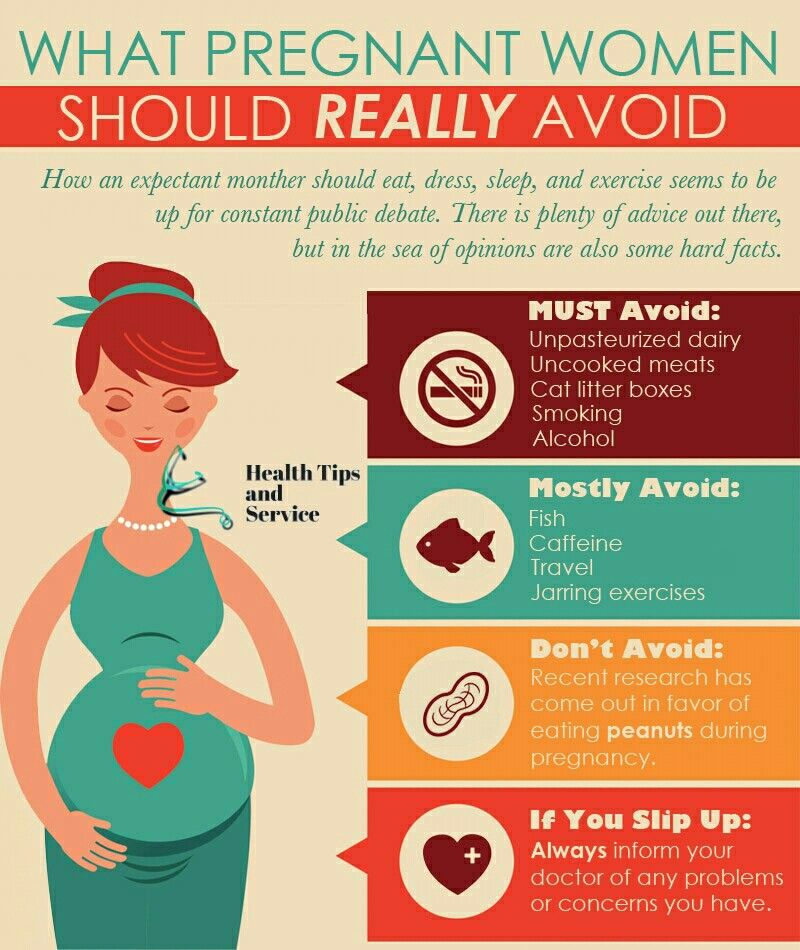 nine0123
nine0123 - Replace sugar with sweeteners.
- Steam or simmer food. Fried foods are completely excluded. Meat and vegetables can be baked.
- Smoked and fried foods are prohibited.
- Priority is given to foods high in fiber.
If you are on a diet for pregnant women with diabetes and are overweight, be sure to keep an eye on the increase. Get on the scale every week and periodically take urine and blood tests. Of course, don't forget your home blood glucose meter. People with diabetes should definitely have a device in their first aid kit. nine0003
Diet 9 table for pregnant women - menu
Monday
- Breakfast: vegetable salad, porridge, boiled egg.
- Second breakfast: kissel.
- Lunch: liver with puree, chicken broth, juice.
- Afternoon snack: peach.
- Dinner: chicken breast, cabbage salad with carrots.
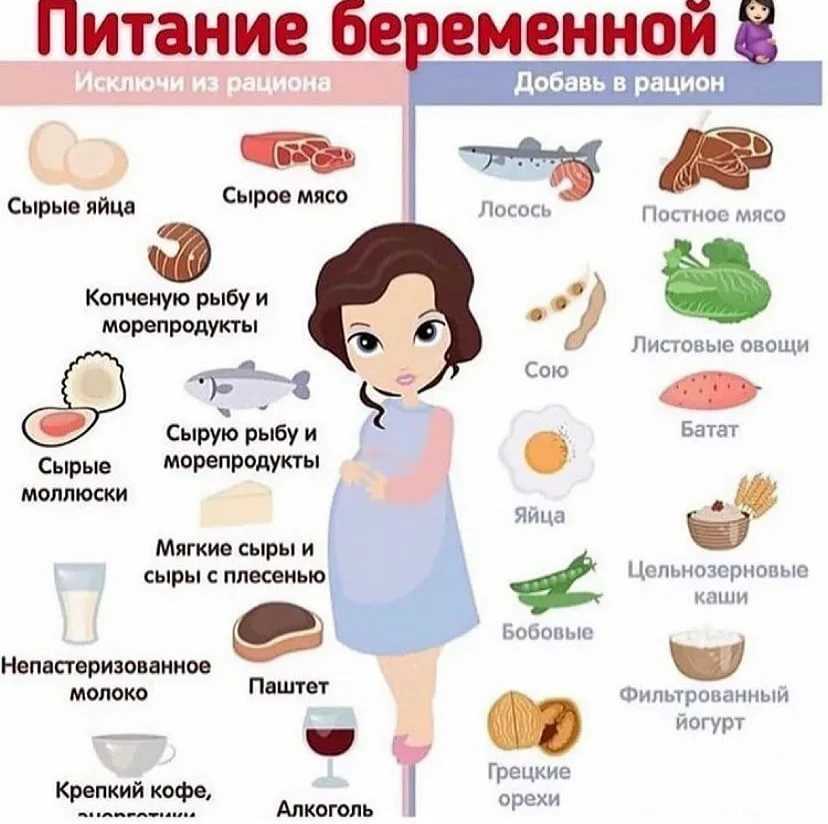
- Late supper: curdled milk.
Tuesday
- Breakfast: cottage cheese, oatmeal, vegetable juice. nine0123
- Second breakfast: kefir.
- Lunch: boiled salmon, buckwheat, lean cabbage soup.
- Snack: apple.
- Dinner: boiled egg, vinaigrette.
- Late dinner: fermented baked milk.
Wednesday
- Breakfast: chicory drink, yogurt, barley porridge.
- Second breakfast: milk.
- Lunch: baked turkey, vegetarian borscht, fruit.
- Snack: orange.
- Dinner: steamed fish cake, vegetables. nine0123
- Late dinner: kefir.
Thursday
- Breakfast: millet porridge, cottage cheese, tea.
- Second breakfast: kefir.
- Lunch: boiled chicken, soup, compote.
- Snack: jelly.
- Dinner: cabbage rolls, boiled meat.
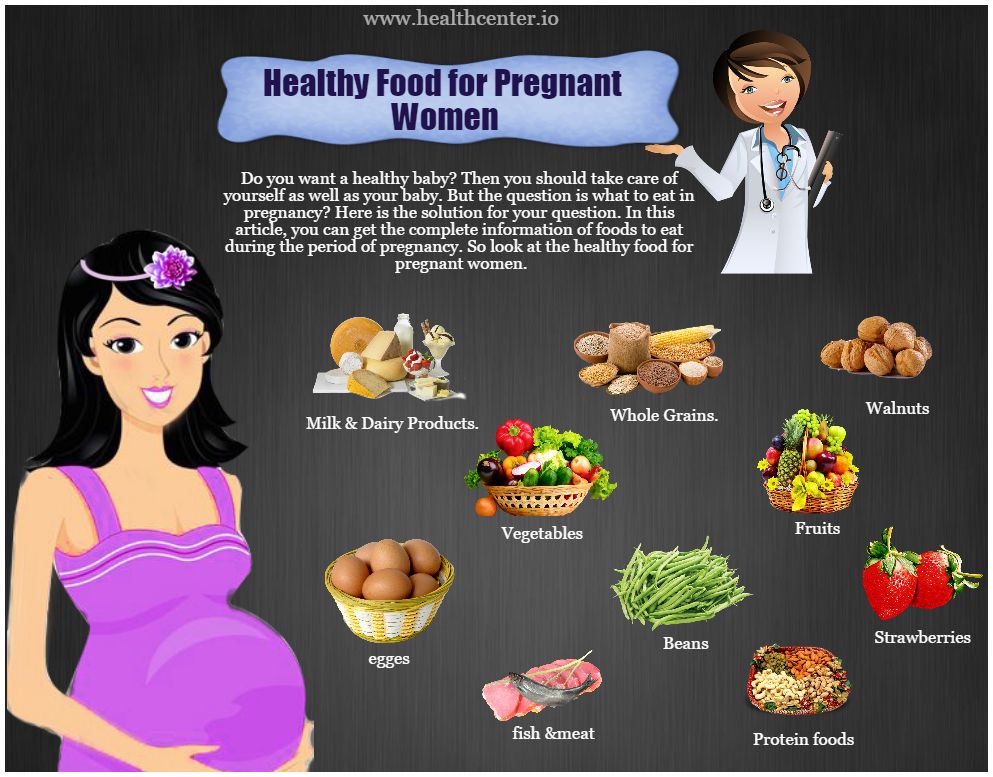
- Late supper: curdled milk.
Friday
- Breakfast: boiled egg, vegetable salad.
- Second breakfast: vegetable juice.
- Lunch: boiled veal, stewed cabbage, soup. nine0123
- Snack: pear.
- Dinner: boiled fish, vegetable casserole.
- Late dinner: yogurt.
Saturday
- Breakfast: buckwheat porridge with yogurt.
- Second breakfast: kissel.
- Lunch: stewed rabbit, baked potatoes, fish soup.
- Snack: kefir.
- Dinner: pearl barley, boiled fish.
- Late dinner: apple.
Sunday
- Breakfast: buckwheat, boiled egg. nine0123
- Second breakfast: an apple.
- Lunch: rice, steamed beef cutlets, mushroom soup.
- Snack: fermented baked milk.
- Dinner: mashed potatoes with fish, vegetables.
